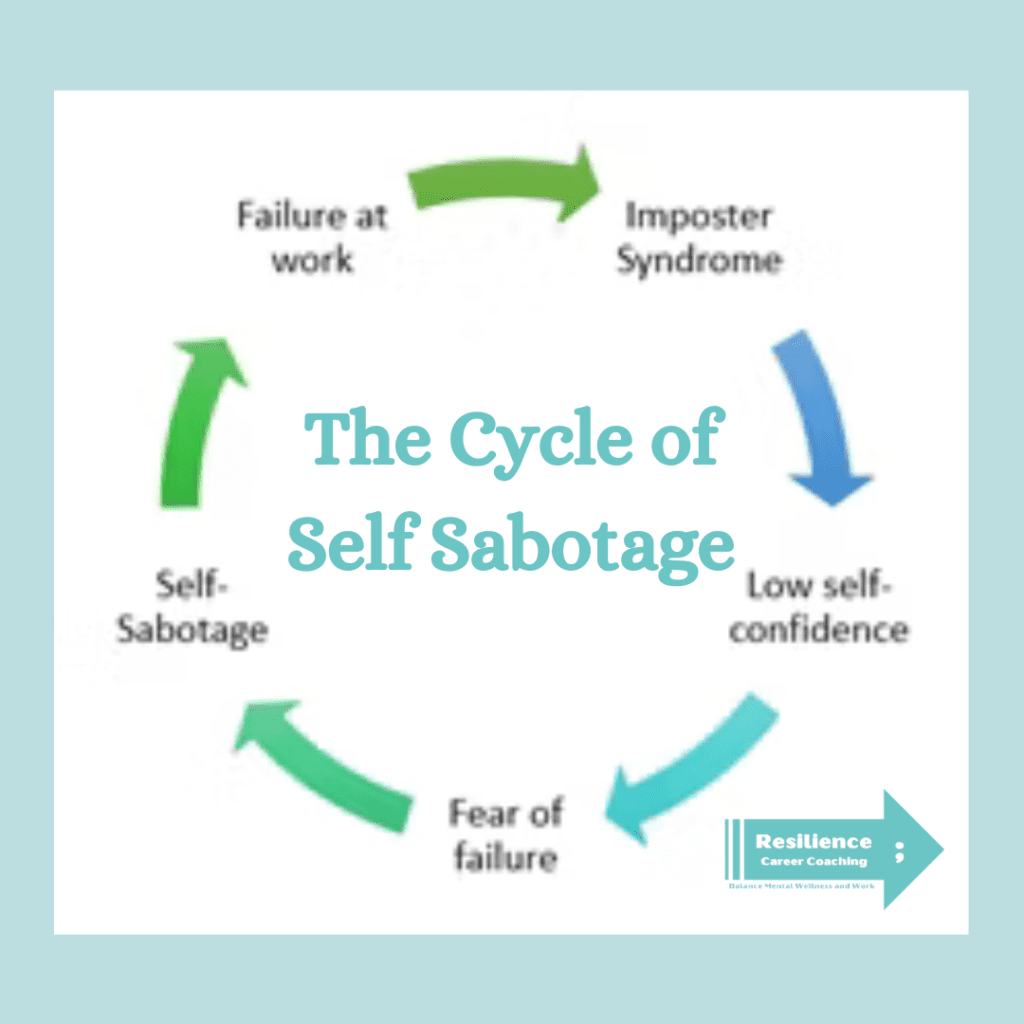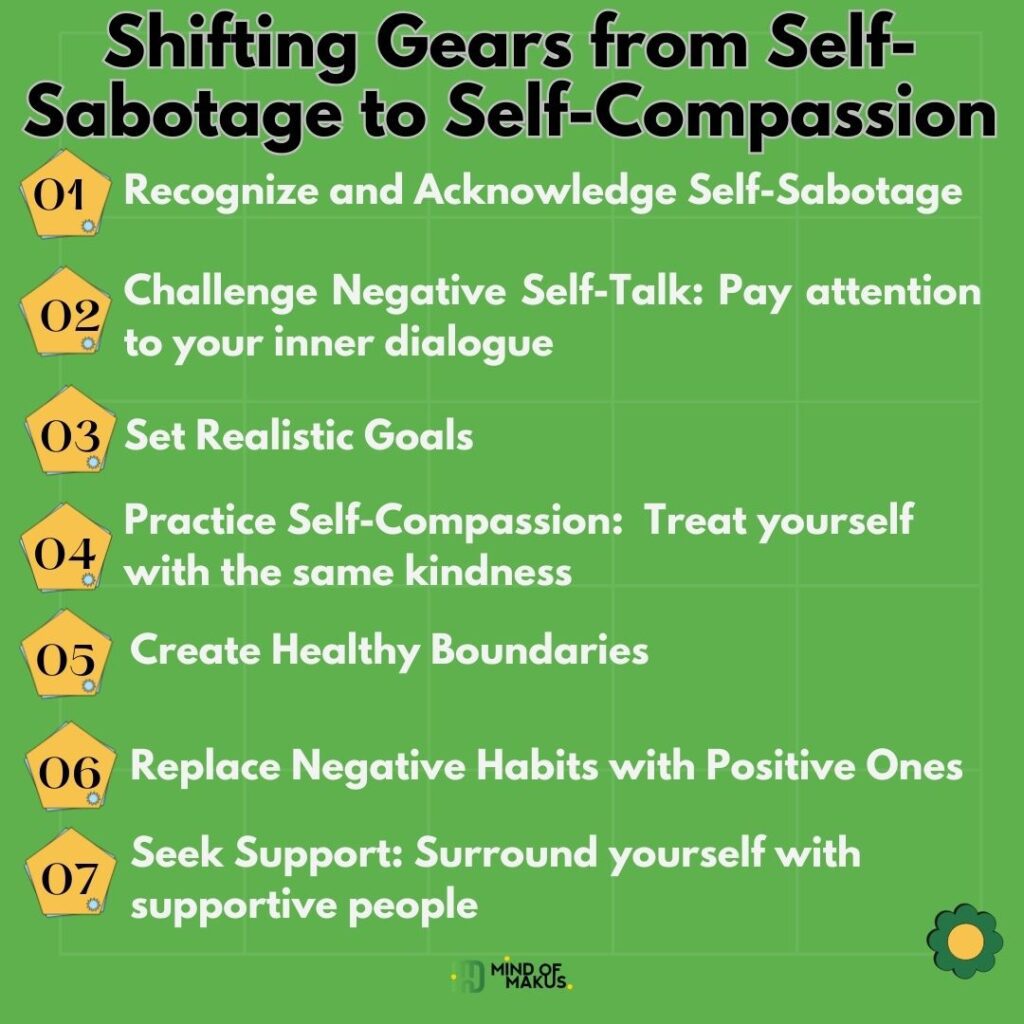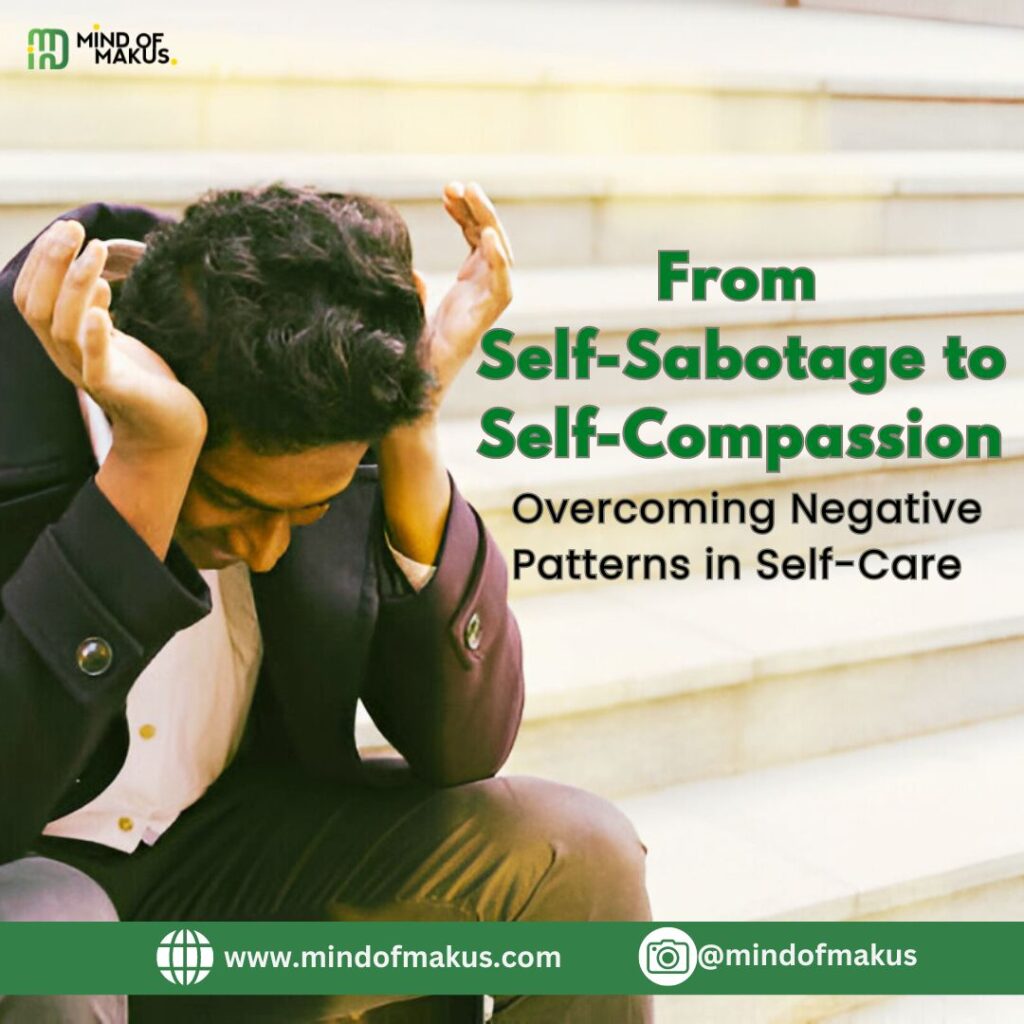Hi dear friend,
How are you doing today? Hope you are keeping safe among the protests going on in the world today. From Nigeria to Venezuela and now to the United Kingdom. It is a trying time, I trust the Almighty to keep you safe, but remember to keep yourself safe as best as you can.
Turn off the news and invest your time doing the things that keep you going , keep you healthy, and keep you grounded.
It is a good time to talk about self-care and it’s role in keeping us well.
We’ve all been there, promising ourselves we’ll prioritize self-care only to fall into patterns of self-sabotage telling ourselves we are pampering ourselves. Is it really pampering if it’s harming you though?
Whether it’s skipping the gym, overindulging in unhealthy foods, tolerating abusive relationships, ignoring boundaries, or neglecting our mental health, these behaviors can prevent us from achieving true well-being.


The good news is that it’s possible to break these negative patterns and cultivate self-compassion, leading to a healthier and happier life.
In this blog post, we’ll explore how to recognize self-sabotaging behaviors, understand their root causes, and transform them into positive self-care practices.
Understanding Self-Sabotage in Self-Care
Self-sabotage refers to behaviours or thought patterns that undermine our own success and well-being. When it comes to self-care, this can manifest in various ways, such as:
1. Procrastination: Delaying or avoiding self-care activities, like exercise, meditation, or healthy eating.some people have real challenges with this and it holds them back from achieving the things they should. We have all ordered takeout instead of cooking, even though we have the time to do it , but left it too late, we watched the clock tick by slowly….


2. Negative Self-Talk: Criticizing oneself or having a negative inner dialogue that diminishes self-worth and motivation. You are the strongest influence on yourself so how to speak to yourself matters. I remember talking to my therapist about motivating myself to go back to the gym, feeling very proud of myself I told her the details, she asked me why I was so hard on myself with my language.**crickets***
3. Perfectionism: Setting unrealistic standards for self-care and feeling discouraged when unable to meet them. This can also be an extreme form of anxiety where you set the bar so high that you can’t even live up to your own expectations therefore leaving you feeling inadequate, guilty and dissatisfied with life. Where do you get your standards from? Ask yourself well my friend.
4. Overindulgence: Engaging in excessive behaviors, such as overeating, binge-watching TV, or using substances, as a way to avoid dealing with emotions. In some cases people call the above “a treat”, no it isn’t.


5. Neglecting Boundaries: Prioritizing others’ needs over your own, leading to burnout and neglect of personal well-being. Many relationships suffer as a result of poor boundaries and eventually someone has an outburst that fractures relationships that could have been managed if boundaries had been placed and enforced earlier on. It is not helpful to let people walk all over you to keep the peace, while inside yourself you are at war and in anguish, screaming for freedom. Who are you really helping when you allow relationship breakdown instead of having difficult conversations.
I remember my darling friend asking me one day. “Amaka have I done something recently that would make you upset with me?”
It was a very touching conversation we had after and it felt safe and reassuring that someone had to sensitivity and courage to work on a friendship.
Why we Self-Sabotage
Understanding why we engage in self-sabotage is important to help us move forward. Some common causes include:
– Fear of Failure or Success: Fear of not succeeding or fear of the changes that success might bring can lead to self-sabotaging behaviors as a way to avoid potential outcomes.
Subscribe to My Newsletter
– Low Self-Esteem: A lack of self-worth can make it difficult to prioritize self-care, leading to neglect or harmful behaviors.
– Comfort in Familiarity: Sticking to known patterns, even if they are negative, can feel safer than stepping into the unknown territory of positive change.
– Overwhelm: Feeling overwhelmed by life’s demands can make self-care feel like an additional burden, leading to avoidance and sinking deeper into destructive behaviours.


Shifting gears from Self-Sabotage to Self-Compassion
Transforming self-sabotaging behaviors into self-compassionate actions involves a mindful and intentional approach. Here’s how you can make the shift:
1. Recognize and Acknowledge Self-Sabotage
– The first step is to become aware of when and how you sabotage your own well-being. Keep a journal to track instances of self-sabotage and reflect on the emotions or situations that triggered these behaviors.
2. Challenge Negative Self-Talk
– Pay attention to your inner dialogue and challenge negative thoughts. Replace critical self-talk with positive affirmations and remind yourself of your strengths and accomplishments.
Keep track of how many times you can yourself names or talk down yourself, take the positive talk up double of that number.
3. Set Realistic Goals
– Instead of setting lofty or unrealistic goals, break down your self-care goals into smaller, manageable steps. Celebrate small victories and acknowledge your progress along the way. Be accountable to someone or a group of people who have similar goals.
4. Practice Self-Compassion
– Treat yourself with the same kindness and understanding that you would offer a friend. Acknowledge that everyone makes mistakes and that self-care is a journey, not a destination. It will ebb and flow but we must not give up on compassion.
5. Create Healthy Boundaries
– Learn to say no and set boundaries that protect your time and energy. Prioritize your own needs and make self-care a non-negotiable part of your routine. Make a note of different parts of life and look at what boundaries you need to put in place to help you become more mindful and caring towards yourself.
6. Replace Negative Habits with Positive Ones
– Identify healthier alternatives to self-sabotaging behaviors. For example, replace emotional eating with a relaxing bath or a walk in nature, or swap binge-watching TV for reading a good book. Replace carbohydrate loading with healthy alternatives.
7. Seek Support
– Surround yourself with supportive people who encourage your self-care journey. Consider working with a therapist or coach to explore deeper issues and develop effective strategies for change.


Embracing Self-Compassion in Daily Life
Incorporating self-compassion into your daily life can create a positive ripple effect on your overall well-being. Here are some practical ways to practice self-compassion:
– Mindful Self-Care: Take time each day to engage in activities that nourish your body, mind, and soul. This could include exercise, meditation, creative pursuits, or simply taking a few moments to relax and breathe.
– Gratitude Practice: Focus on the positive aspects of your life and express gratitude for what you have. This can help shift your mindset from scarcity to abundance.
– Forgive Yourself: Let go of past mistakes and forgive yourself for moments of self-sabotage. Remember, every day is a new opportunity to make positive choices.
Moving from self-sabotage to self-compassion is a transformative journey that requires patience, self-awareness, and kindness.
You can Support My Work
Remember, self-care is not a luxury; it’s a necessity for your overall well-being. Start today, take small steps, and be gentle with yourself along the way.
I’d love to hear from you! Have you struggled with self-sabotage in your self-care journey? What strategies have helped you overcome it?
Share your experiences and tips in the comments below, and let’s support each other in cultivating self-compassion and positive self-care practices.
Until next time, stay authentic,
Stay resilient, and continue to honour your needs.
Live wholeheartedly,
Amaka
2 Cor 3:2(MSG)
You yourselves are all the endorsement we need. Your very lives are a letter that anyone can read by just looking at you. Christ himself wrote it—not with ink, but with God’s living Spirit; not chiseled into stone, but carved into human lives—and we publish it.

